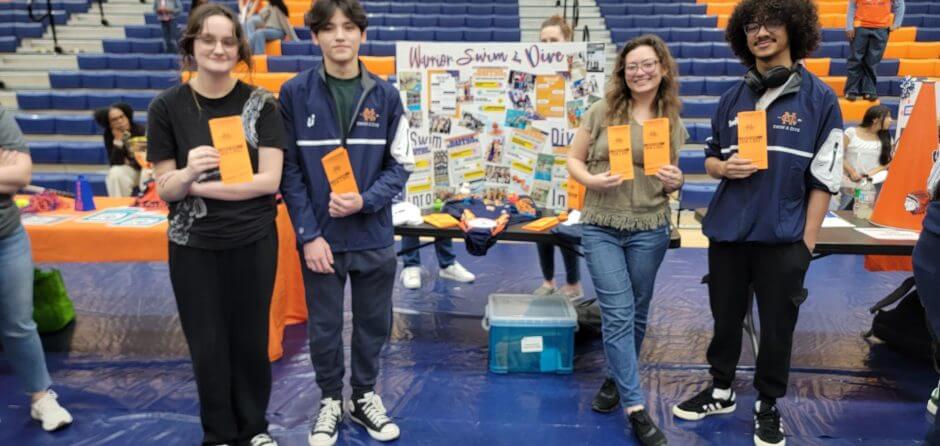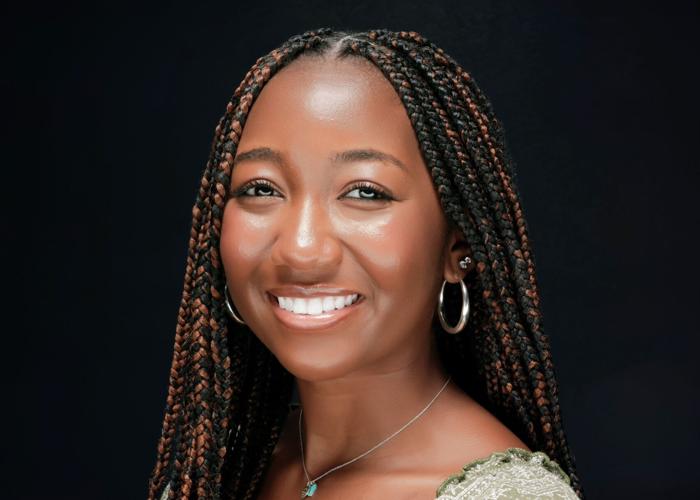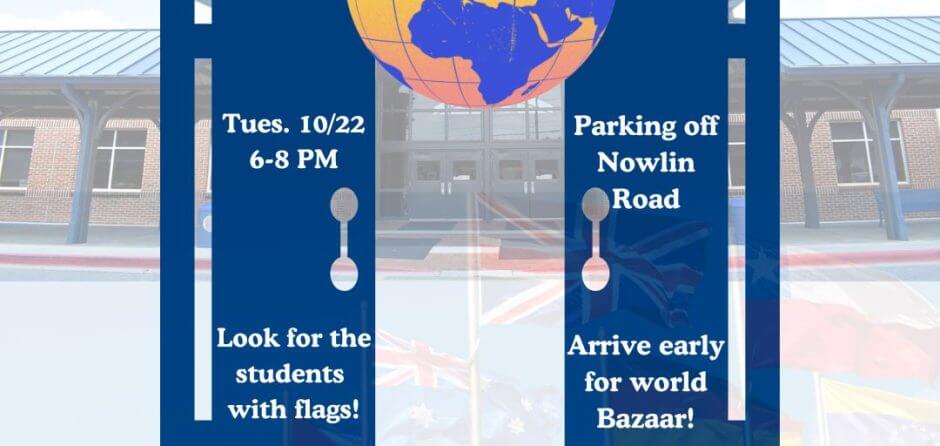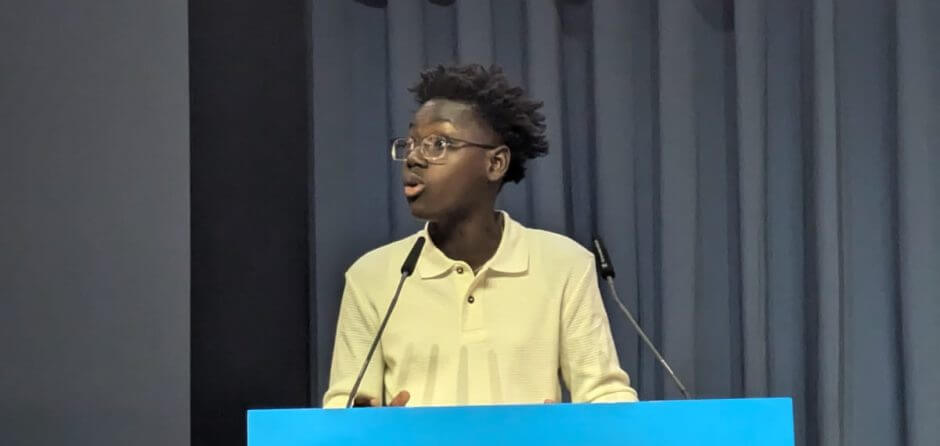North Cobb Magnet Student Isabel O’Connell Presents AP Research Paper at Georgia State University
Congratulations to Isabel O’Connell!

On Sunday, April 14, 2024, North Cobb’s very own Isabel O’Connell, a dedicated student and enthusiastic researcher, presented her AP Research project to a prestigious group of scholars at the Southeastern Biogeochemistry Symposium held at Georgia State University. At the event, college students at the graduate and undergraduate levels presented their research to their peers and distinguished faculty in the hopes of winning prizes for first, second, or third place. O’Connell, the only high school student in attendance, won first place!
This accomplishment not only highlights Isabel’s individual work ethic and scholarship, but also underscores the immense value of North Cobb’s AP Research program.
AP Research, the second course in the AP Capstone experience, empowers students to delve deeply into an academic topic, problem, or idea of personal interest. Unlike conventional high school research, AP Research transcends mere surface-level exploration. Each year, North Cobb’s magnet juniors must master the following skills:
In-Depth Exploration: Students embark on a year-long investigation, meticulously designing, planning, and implementing their research. Their chosen topic must identify a critical problem or pressing need for change. Students must choose between qualitative or quantitative research methods and are responsible for learning how to conduct such methodology (i.e., statistical analysis, codebook analysis, etc.).
Scholarly Rigor: The level of rigor and research demanded by the AP Research Academic Paper mirrors that of a graduate-level study. Students learn to wield research methodology, adhere to ethical practices, and analyze and synthesize information. Just like an author of a journal would have to do, students who choose to work with people in any way must go through an extensive IRB (Institutional Review Board) process, with appropriate consent forms, before conducting research. Additionally, they must take a research ethics course before starting their own project to be sure that they understand ethical research practices.
Creating New Knowledge: One of the most gratifying accomplishments for students comes with the discovery of new knowledge that adds to existing scholarship. Students are not simply reporting data from an online database; instead, they are synthesizing what scholars have studied in their field and are conducting research that those scholars did not. High school students are filling a gap of knowledge left by professionals in their field.
O’Connell has long been a passionate researcher — especially when it comes to the environment. Her project, titled, “The Effects Differing Population Densities have on Soil Organic Carbon Levels in Fulton County, Georgia,” involved an experiment “to find the percent SOC from four locations (control-density, low-density, medium-density, high-density) at a 10cm depth using the methods of loss on ignition and bulk density.
- Research Question: Isabel sought to understand how varying population densities impact soil organic carbon (SOC) levels. Her investigation spanned four locations: control-density, low-density, medium-density, and high-density.
- Methodology: Isabel employed two methods—loss on ignition and bulk density—to determine the percentage of SOC at a 10cm depth. Her meticulous approach ensured accurate results.
Isabel O’Connell’s achievement is not just a personal triumph; it epitomizes the essence of AP Research, which is all about the learning process. North Cobb magnet students gain access to this priceless opportunity—a chance to engage in rigorous, college-level research while still in high school. There are many benefits to taking AP Research:
College Preparedness: AP Research equips students with the tools they need for college-level inquiry. Isabel’s success demonstrates that North Cobb students emerge ready to tackle scholarly challenges.
Mentorship and Guidance: Through AP Research, students connect with mentors—adults who guide them through the research process. Isabel’s Expert Adviser played a pivotal role in her journey.
Global Competencies: The program nurtures global themes, fostering skills essential for success in an interconnected world. Isabel’s study on soil has worldwide implications, which she will expand on in her senior presentation on the same topic to a panel of community members.
Congratulations Isabel! North Cobb School for International Studies is proud to have you among our most outstanding scholars.









